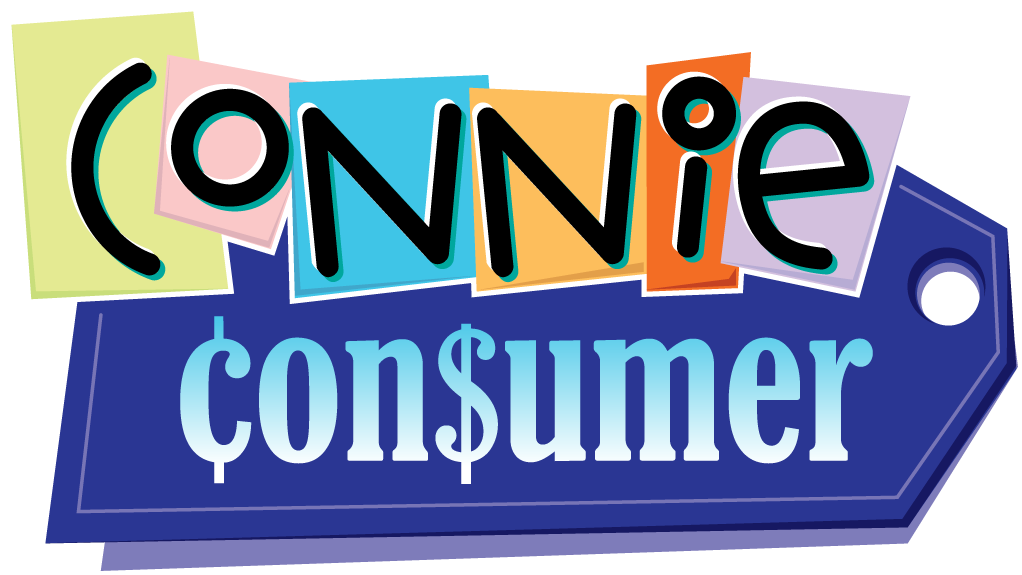Consumer Corner

April 2024
Watch Out for Rental Property Scams
Finding the right rental property within your budget can be challenging. While considering location and cost, you should also consider that the rental listing may be a scam. Scammers often advertise rentals that don’t exist or aren’t available to trick people into sending money or giving out personal information.
In response to the increase in rental scams, Consumer Protection initiated a proactive program to identify and remove fraudulent online rental advertisements targeting the Pinellas County housing market. Since the initiative started in April 2022, the department has identified over 400 fraudulent advertisements, which were flagged and removed from online sites to prevent victimization. When searching for a rental property, here are some red flags to watch out for.
- Unavailable to show property – Scammers have numerous reasons why they’re not available to show you the property, but the real reason is they don’t have an actual rental property.
- Multiple listings – Look out for multiple listings on the same property. Scammers hijack listings for properties that are for sale, change a few details and repost the listing as a rental.
- Too good to be true – Beware of rental properties listed below market value – there’s something wrong. Rental scammers will often list a property at a low price to lure you in.
- Demand for deposits – Scammers will pressure prospective renters to pay a deposit and first month’s rent. Red flags should go up if you’re asked to pay by cash, gift card, cryptocurrency or send a wire transfer. These forms of payment are all the same as sending cash and there is no way to accurately trace the payment or get the money back.
- Requesting personal information – Be wary when you’re asked immediately to provide your personally identifiable information (PII) as part of an application process. Scammers may use your PII to commit fraud like identity theft and credit card fraud.
If you’ve fallen victim to a rental scam, report it to your local law enforcement agency. You can also report fraudulent listings to the site(s) where the listing is posted.
For more information on scams, to file a complaint, or check the complaint history of a business, call Pinellas County Consumer Protection at (727) 464-6200 or visit Consumer Protection.
For more tips and helpful resources to be a savvy consumer, visit Connie Consumer Tips.
4/25/24